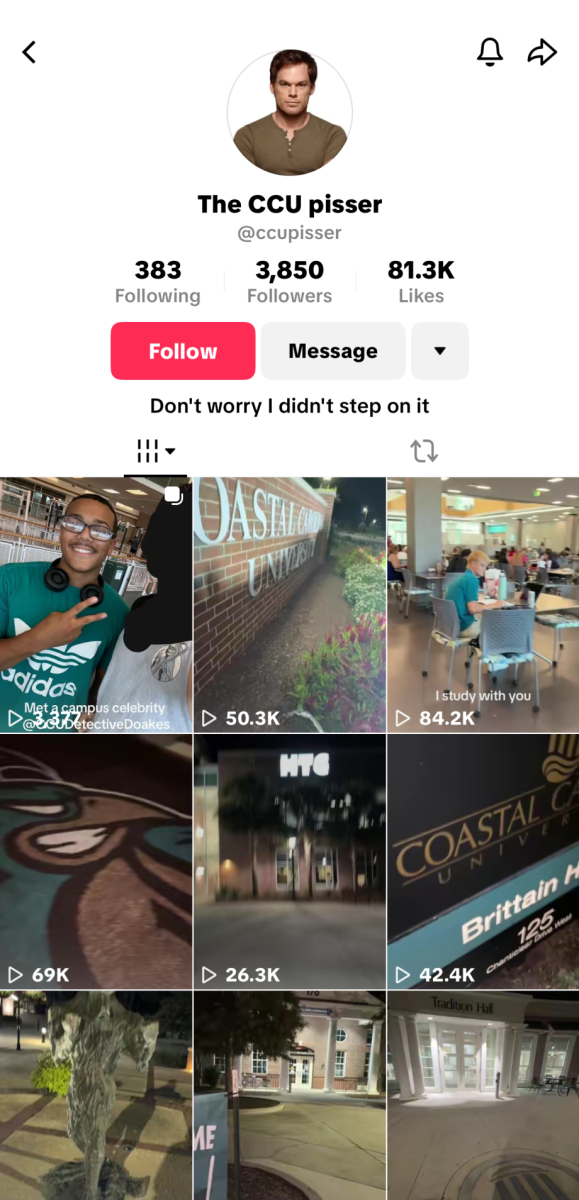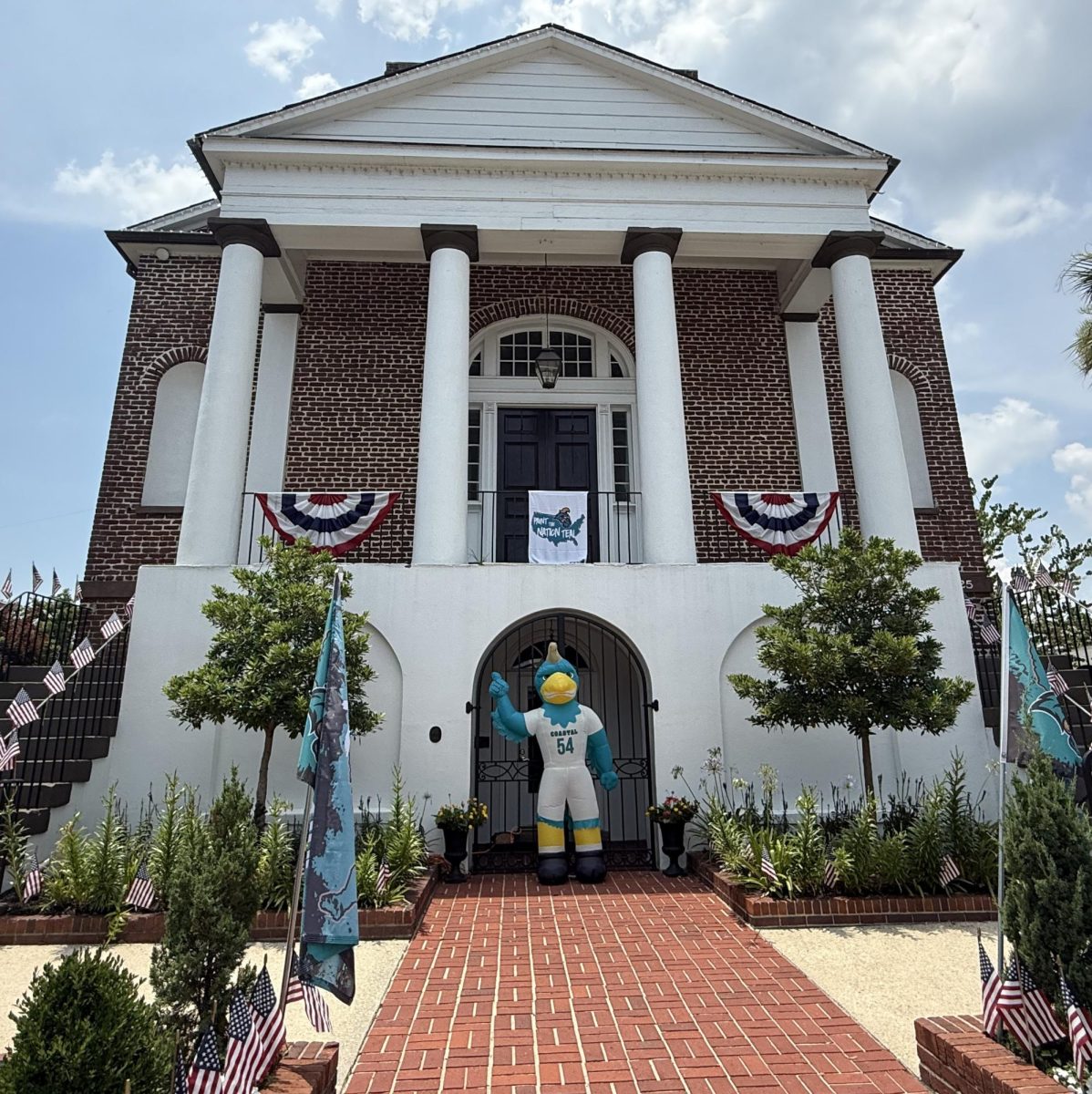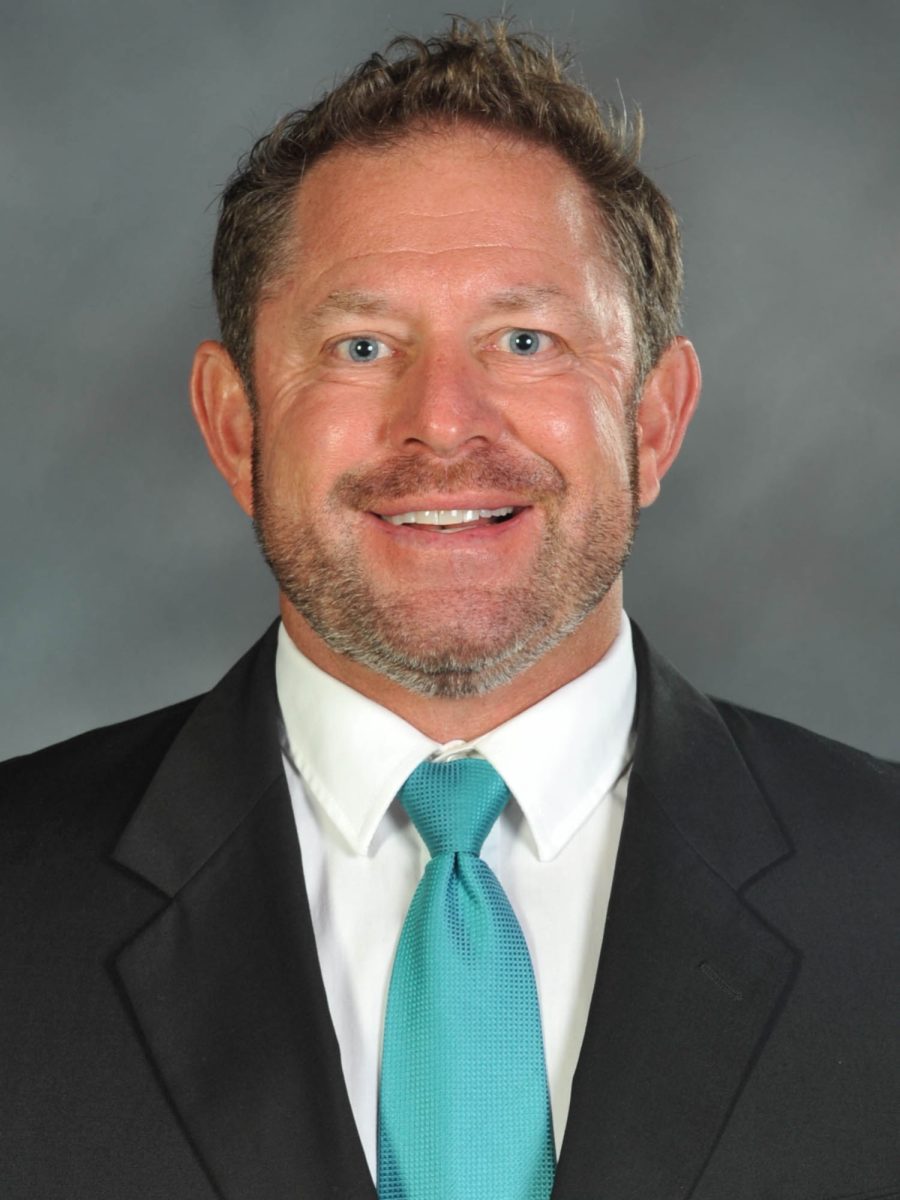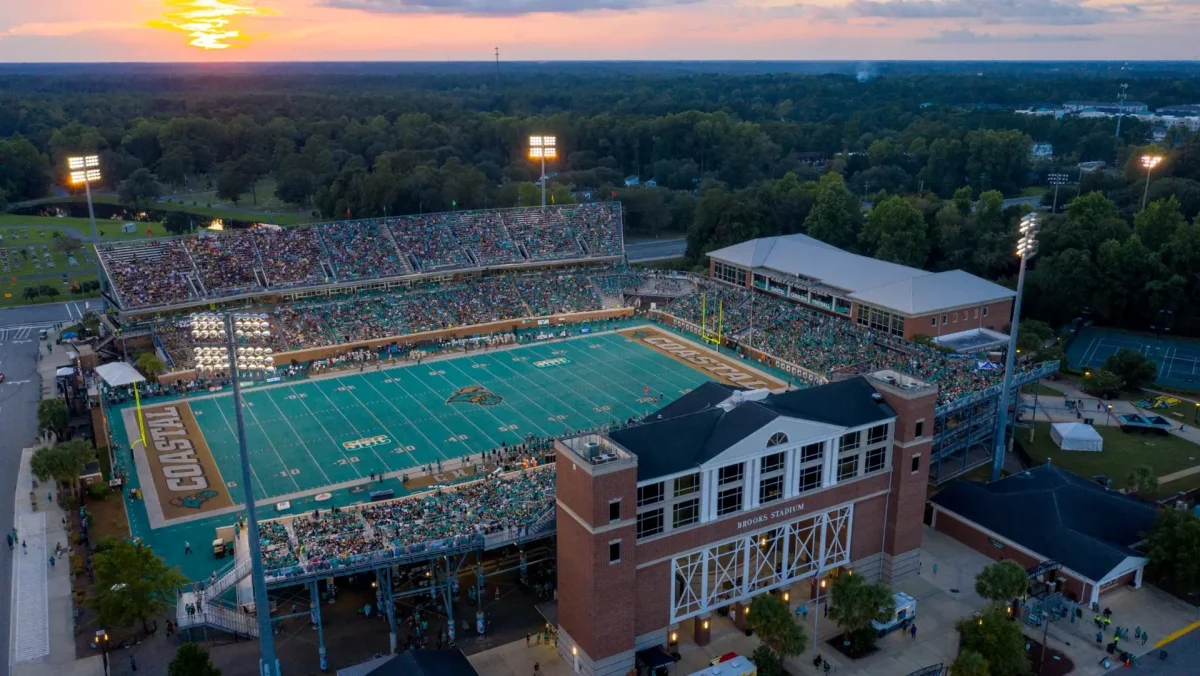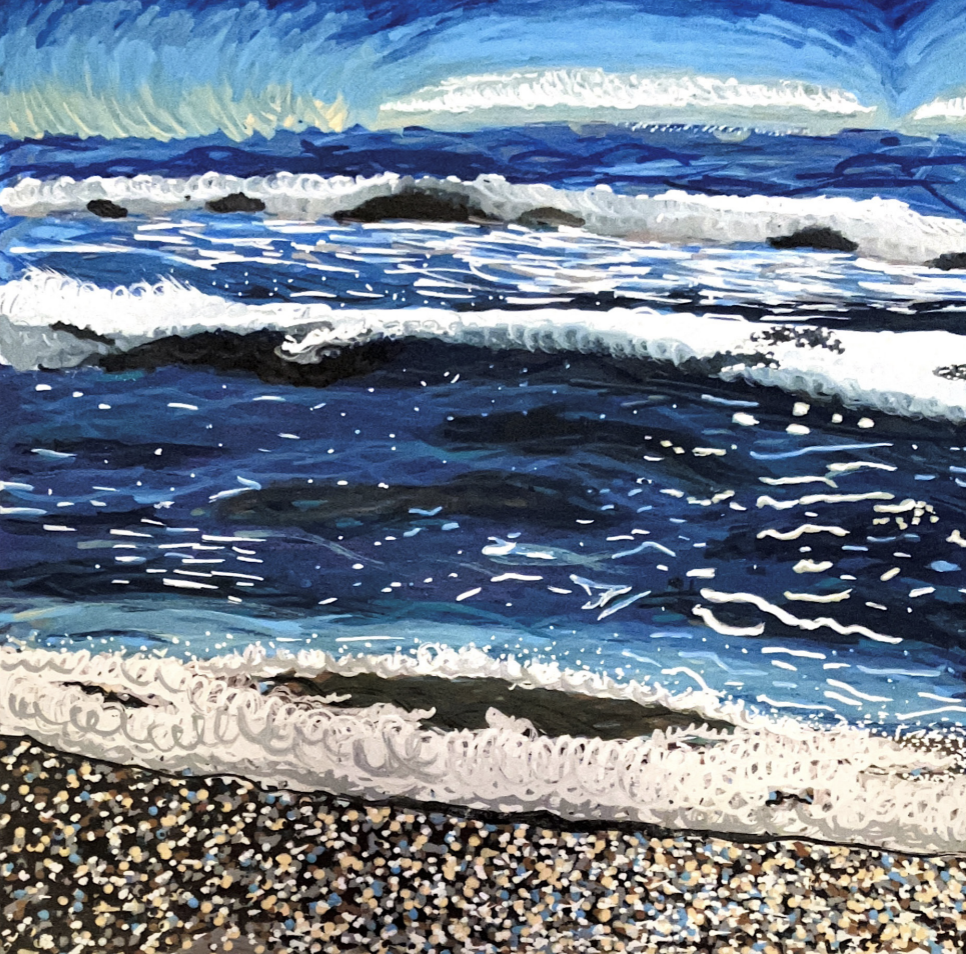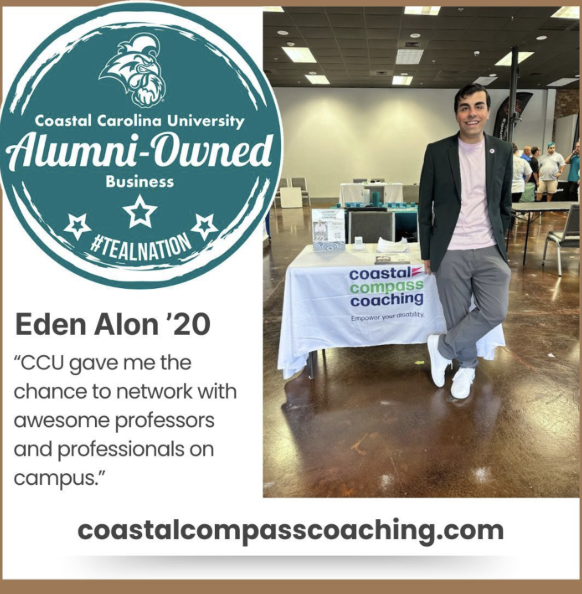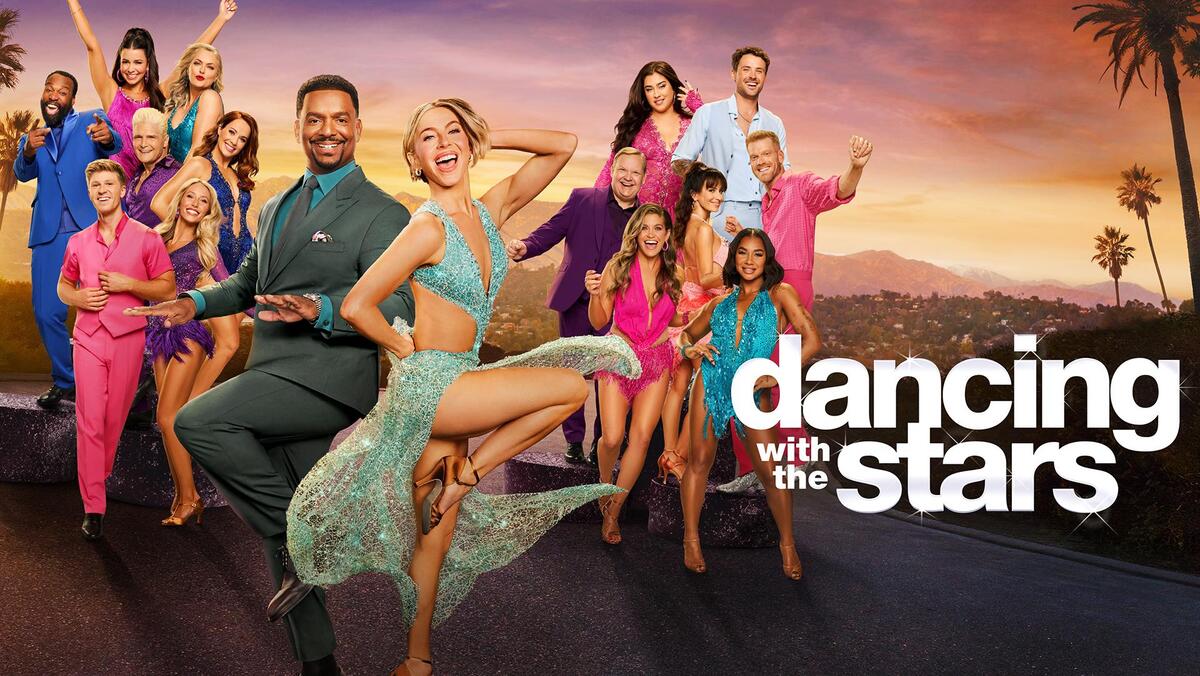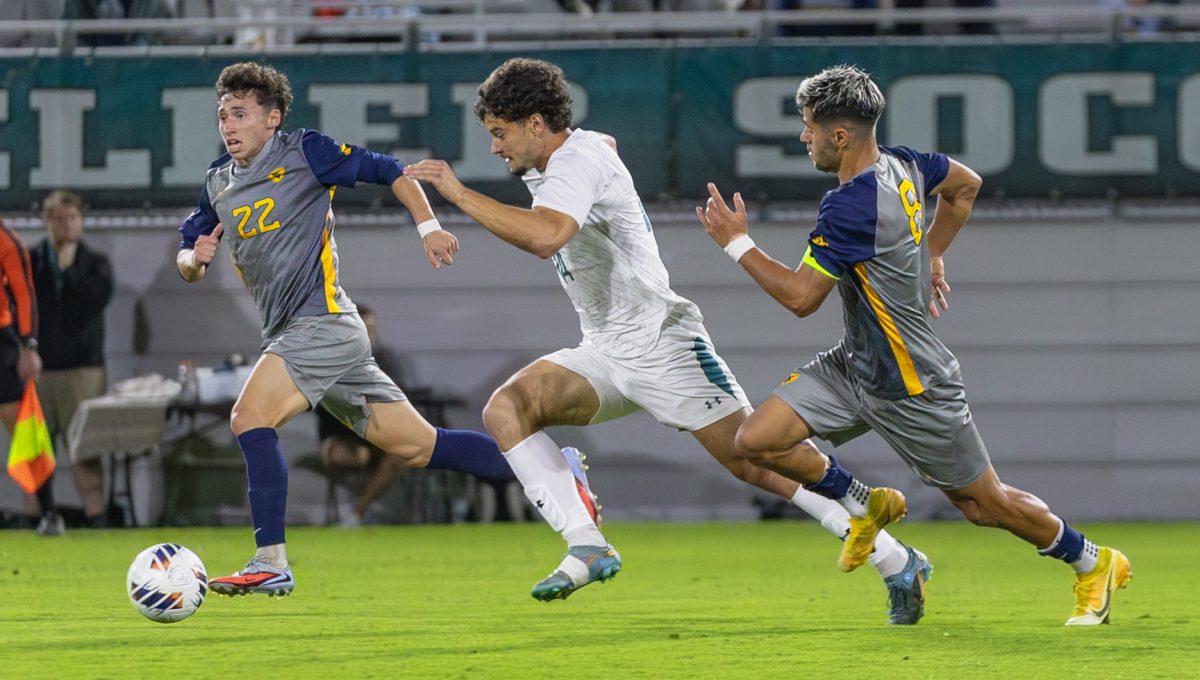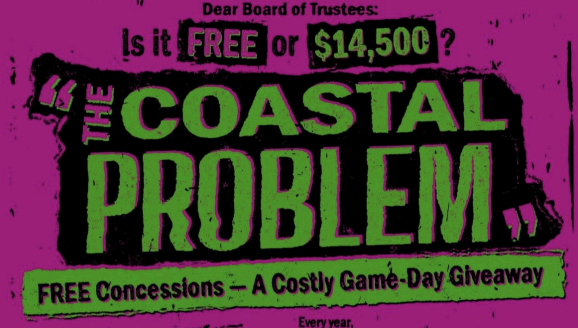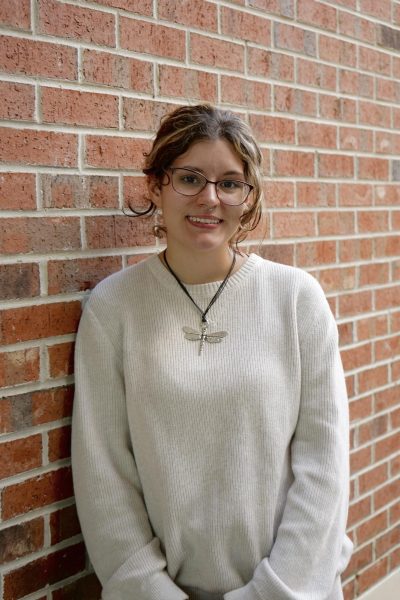Coastal Carolina University alum, Eden Alon, is shedding a new light on disability advocation in Horry County with the development of his business, Coastal Compass Coaching. Alon offers more than just support and mentorship, but guidance from someone who has autism himself.
“Honestly, I think for me, it’s the type of service I would have liked to have when I was a kid,” Alon said. “I always try to view myself in this type of service as more like a friend, because a lot of people with disabilities don’t have a friend or someone who is disabled, just like them.”
Alon shared how growing up his parents tried to shield him from the negative connotation of autism. He said while his parents’ intentions were pure, the lack of openness and conversation led him to feel isolated and confused.
“If all you knew about autism was based on a medical point of view of it, like ‘it’s a condition,’ ‘it’s a disease,’ all that stuff, or even just not knowing anything about it, it really does hurt you and your self-advocacy skills,” he said. “Because if you don’t know your disability, then how can you not only communicate your needs, but how do you know them?”
Alon works directly with teens and adults with a wide range of disabilities on personal goals such as career readiness, self-advocacy, independent living skills, social skills, etc. But he doesn’t stop there. Identifying with his clients through the lens of someone with Autism, he teaches people to learn and love themselves in a way that neurotypical teachers cannot.
Josie Holmes is a case manager for The Arc of South Carolina, a nonprofit organization working to advocate for individuals with intellectual and physical disabilities, as well as connect them with resources.
Holmes explained that one of the hardest parts of her job is not working with people that require more medical attention or services than others, but the ones who actively desire to integrate into society at a higher level.
“They’re lacking just enough in social skills, or they’re lacking just enough in awareness of specific tasks, that they can’t actually thrive independently, but they want to so bad,” she said. “There’s not necessarily a service for that.”
Holmes explained how personal caregivers, typically parents, are not typically required to have obtained any field work in special education and may not have the knowledge or experience needed to properly help their client or child thrive. Holmes said she sees hope with Coastal Compass Coaching to help fill these gaps of services.
“It’s a completely different thing, where that’s his entire life experience. Whereas these people, they’re trying, but unless you’ve experienced it and truly went through the route of navigating each and every one of those cracks and crannies you can’t really help, even if you want to,” she said.
CCU’s LIFE Program allows select students with intellectual disabilities a chance to be submerged in college life while living on campus, obtaining a four-year certificate that prepares them for future employment and independent living, but still accessing the services and accommodations they may need.
Brian Keys, Associate Director of CCU’s LIFE Program, explained how Alon’s approach could reach young adults in the LIFE Program and answer their questions regarding social skills, friendship and relationships in a way that their staff haven’t found yet.
“We can do, you know, what curriculum guides tell us and what our experiences have … but he’s coming from a different perspective. He’s dealing with it as an individual, with the disability himself and how to navigate those things,” he said. “I think the more the students get exposure to it and and hear different sources of information on it, it’s only going to benefit them.”
Keys also thinks Coastal Compass Coaching could benefit the many individuals with disabilities in the community that cannot attend the LIFE program, as well as CCU LIFE graduates.
“I think we do a great job of preparing our students, and many of them do go off and live independently, but there’s that transition period from when you leave college, and this is for students without disabilities or there is with them, of how do you build a community? … Getting connected to activities and friends and stuff like that when you’re leaving an environment where everything was provided for you,” Keys said. “That never hurts to have practice at it out of the safe environment that’s here at school, you know, out in the community when they’re actually out in the world and having to live independently, having someone who can help them navigate that.”

